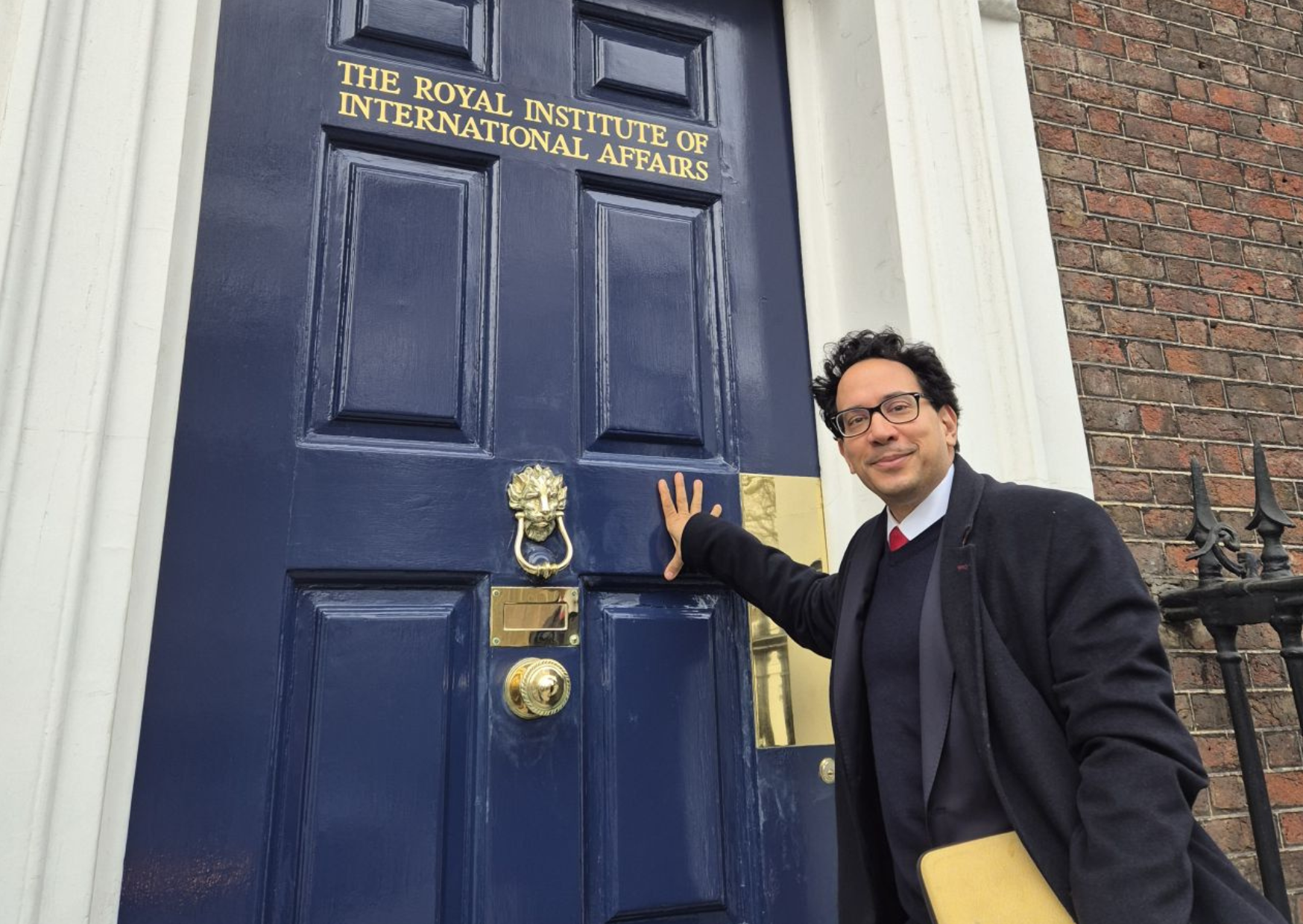Aldo Faisal speaks at Chatham House
Feb. 24, 2025, noon

Last week, a thought-provoking discussion on Sovereign AI was co-led by Prof. Aldo Faisal (Imperial College London) at Chatham House, drawing from the recently published Sovereign AI white paper, which was first presented in Davos this January.
In the AI Opportunities Action Plan, the UK government has emphasized the development of sovereign AI capabilities through relaxed planning processes for AI infrastructure, scaled cross-economy adoption, the creation of a National Data Library, and the cultivation of a domestic talent pipeline to support the AI businesses of the next decade.
However, the path forward presents several challenges. These efforts must be interconnected, as outlined in the white paper. Much like the Industrial Revolution, when Britain leveraged more than just wool and unused buildings, Sovereign AI must go beyond data centers and repositories—it requires the development of AI factories and tools.
The UK is neither the US nor China and does not possess the same depth of capital or computing power as Silicon Valley. Nor is it necessarily advantageous to attempt building a direct commercial competitor to ChatGPT. Instead, the UK has access to globally unique national data assets, unparalleled in scale due to either the smaller size of many digitally advanced nations or the commercial fragmentation of national services, such as the NHS in healthcare. This positions the UK to leverage its strengths in health and life sciences by integrating these data assets with strategic AI hardware investments. A "LifeGPT" model could be truly unique on a global scale—and might even contribute to offsetting the operational costs of the NHS.
During the panel discussion, key questions were explored:
🔷 Does the UK genuinely require sovereign AI capabilities? Why is this critical to national interests? What vulnerabilities arise from geopolitical shifts—such as supply chain disruptions or energy price shocks—and how can they be mitigated?
🔷 What are the limits of UK AI sovereignty? How can financial, resource, and talent constraints be managed while maintaining momentum?
Gratitude is extended to all participants of this closed-door discussion. It was inspiring to witness leaders from industry, academia, and policy convening to shape a strategic vision for sovereign AI.
One key takeaway was that achieving AI sovereignty requires not only investment and policy but also strategic prioritization, cross-sector collaboration, and a clear understanding of the nation's unique strengths. Moreover, Sovereign AI can be developed in cooperation with others. This is why, in the white paper, David Shrier and Aldo Faisal proposed a Federation of Sovereign AI, aiming to register and connect over 11 global and regional Sovereign AI initiatives. Such a federation would facilitate the sharing of computing resources, data, and best practices.